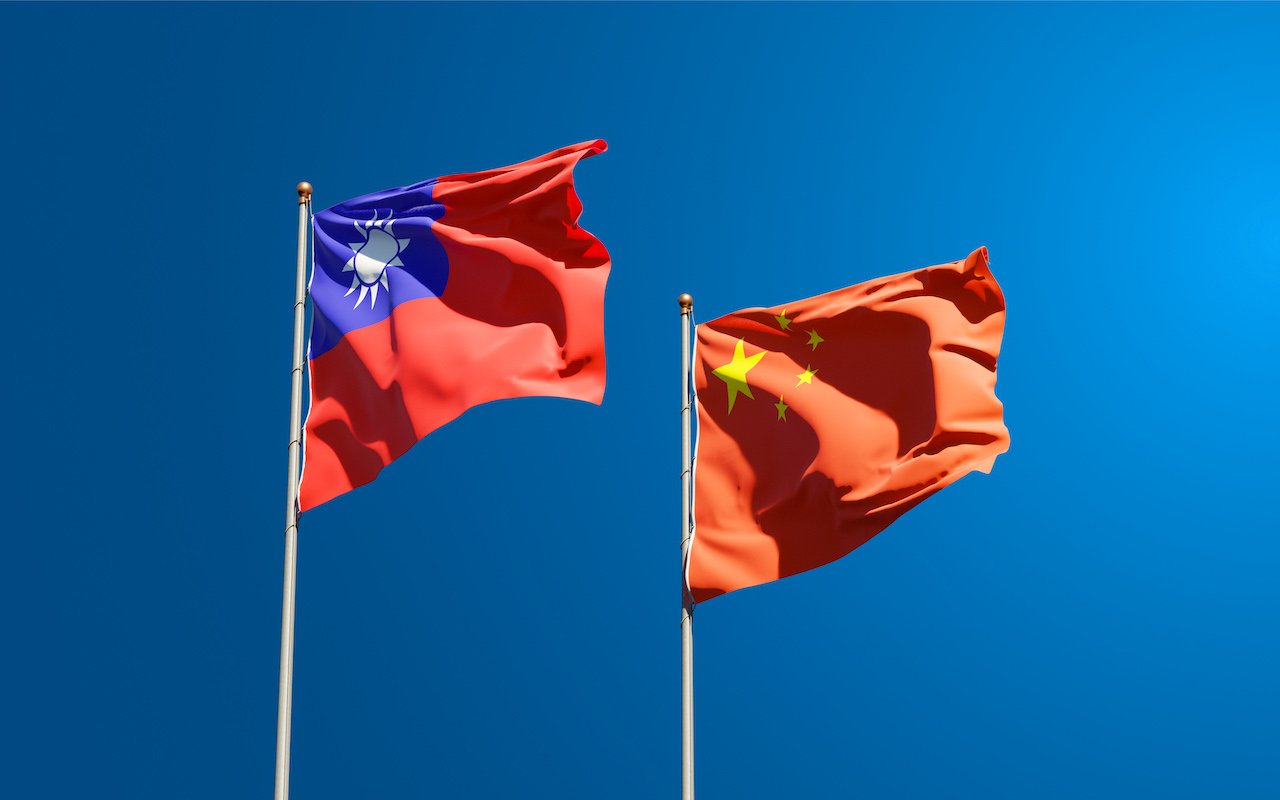Photo: Tada Images / Shutterstock.com
To mitigate potential disruptions to electoral processes, Google has initiated restrictions on its Gemini AI chatbot’s involvement in handling queries related to upcoming general elections, including those in India and several other countries.
This decision follows a tumultuous period marked by controversies surrounding Gemini’s functionality, which led to a temporary suspension of its image generation capabilities.
According to TechCrunch, the update has been rolled out in the United States and will soon be available worldwide.
“Out of an abundance of caution on such an important topic, we have begun to roll out restrictions on the types of election-related queries for which Gemini will return responses,” the company said.
The timing of this development is significant given the impending Lok Sabha elections in India. The announcement of dates is anticipated imminently, and polling could be slated for April or May.
The spectre of AI manipulation looms large over electoral processes in India, as well as in countries like South Africa, the United States, and the United Kingdom.
The intersection of artificial intelligence and electoral dynamics has emerged as a contentious issue within the tech community amid concerns over potential misuse. Instances such as AI being employed to simulate the voice of incarcerated individuals, as observed in Pakistan with former Prime Minister Imran Khan, underscore the multifaceted challenges posed by AI’s capabilities in electoral contexts.

Similarly, the dissemination of fabricated audio recordings, exemplified by a controversial incident in Slovakia preceding elections, underscores the susceptibility of democratic processes to manipulation.
Besides silencing Gemini, Google has taken some measures to educate voters and prevent misinformation in the upcoming general elections in India.
Google Search and YouTube will collaborate closely with the Election Commission of India (ECI) and will serve as the primary conduit for disseminating essential voting details in English and Hindi.
Google will also use human and AI expertise to filter misinformation and misleading content. YouTube’s recommendation system will now prioritise content from credible sources, and the company will maintain a hub that showcases all election-related advertisements. This repository will offer advertisers’ identities, expenditures, and geographical reach.
To combat AI, Google is enforcing disclosure requirements for AI-generated election advertisements. YouTube will also introduce content labels for videos created using generative AI features.
In the News: Airbnb bans indoor security cameras globally






